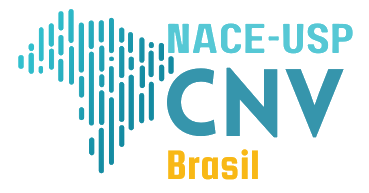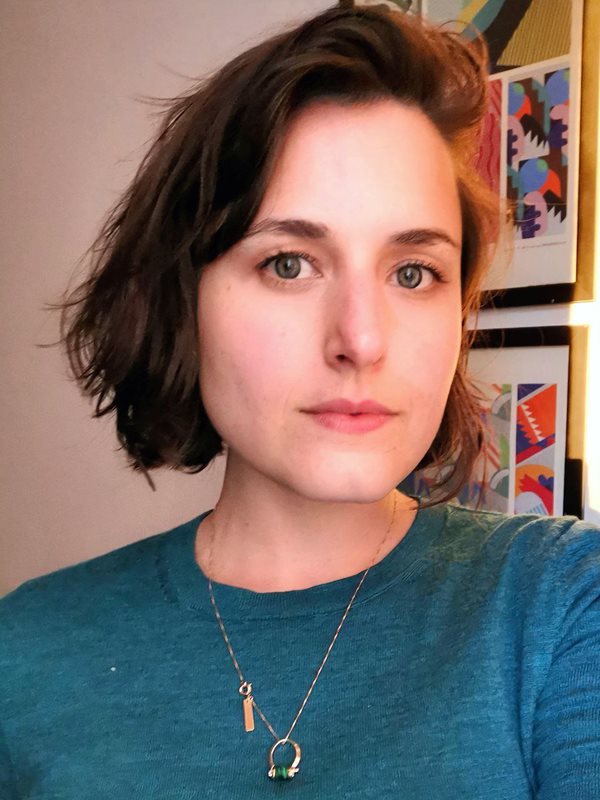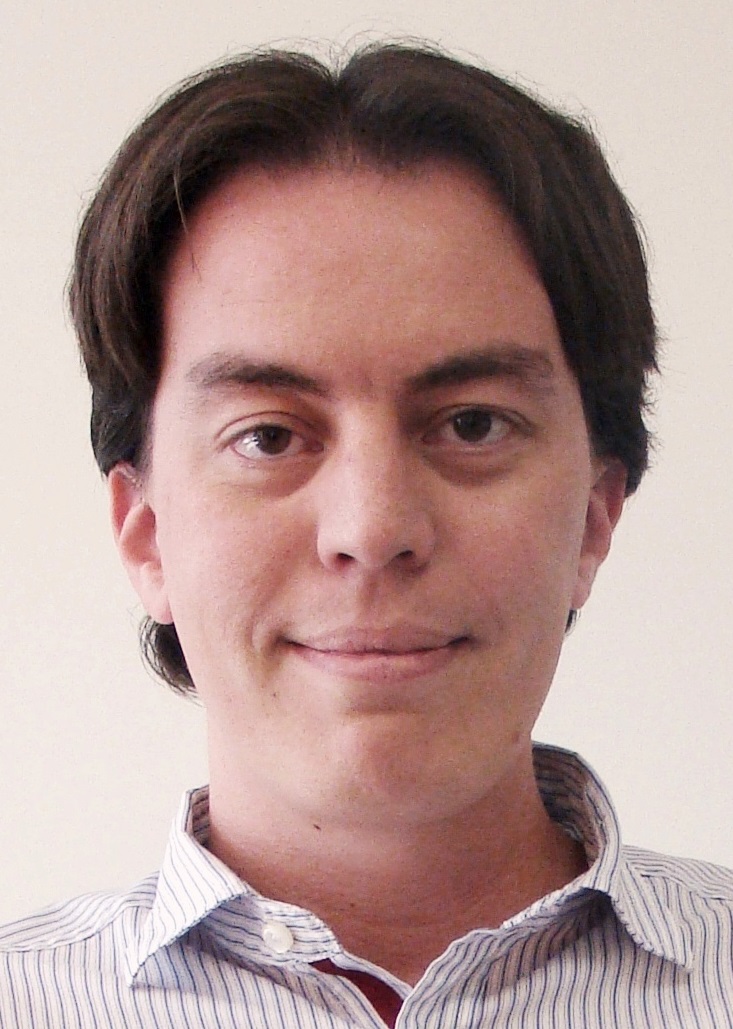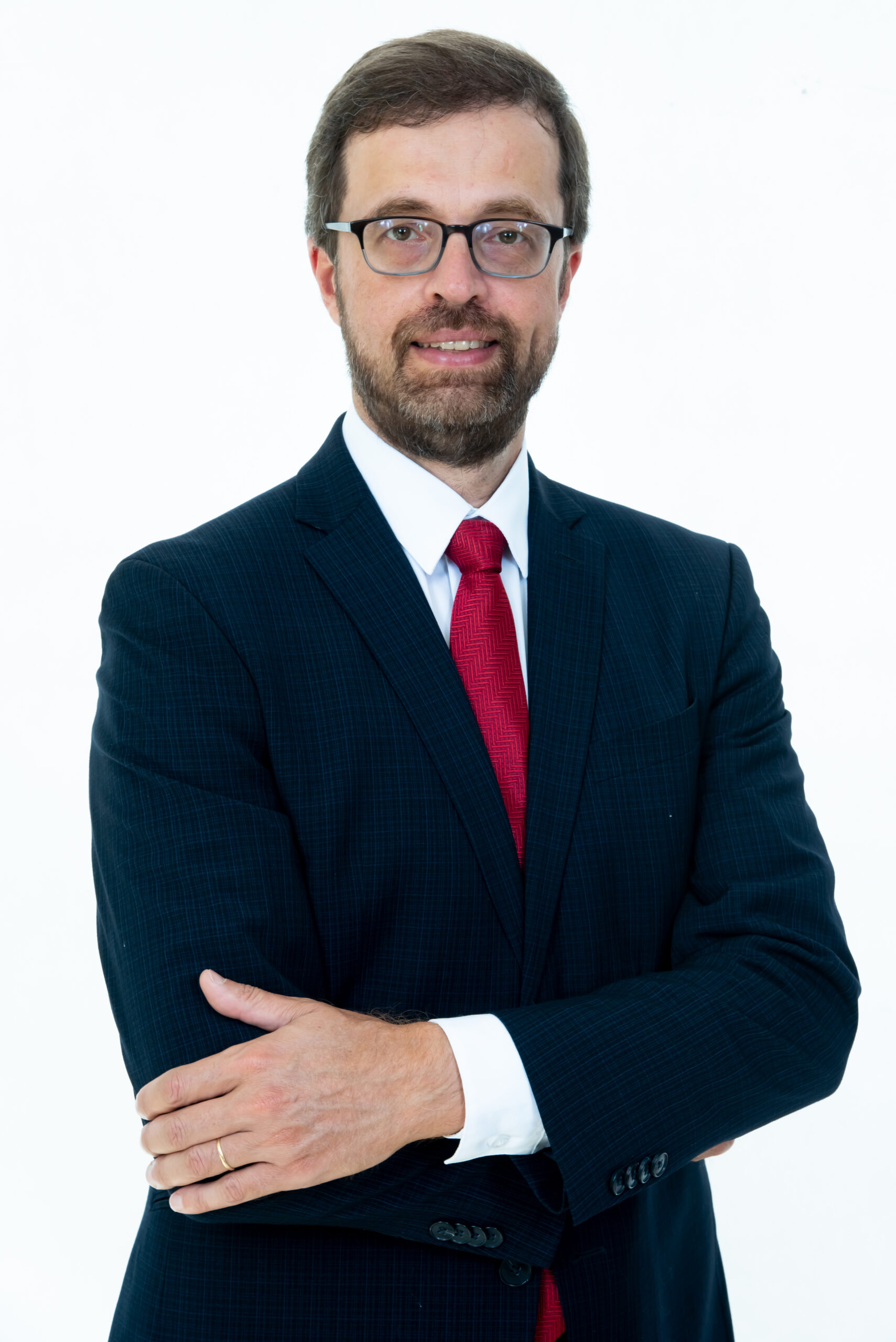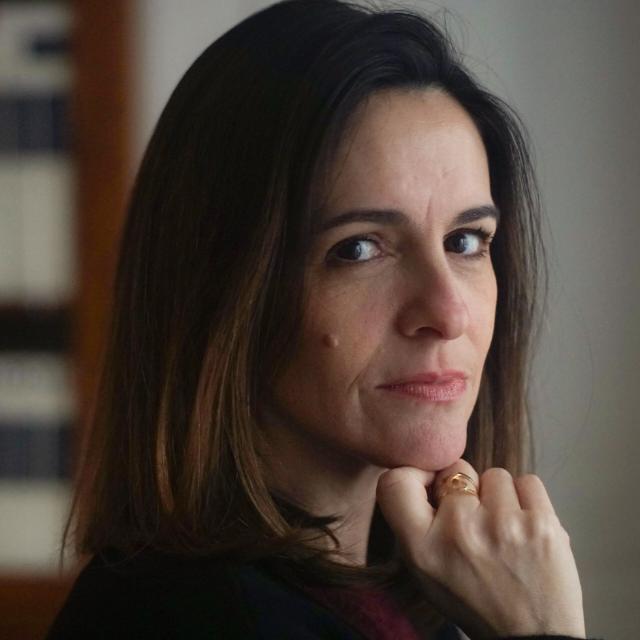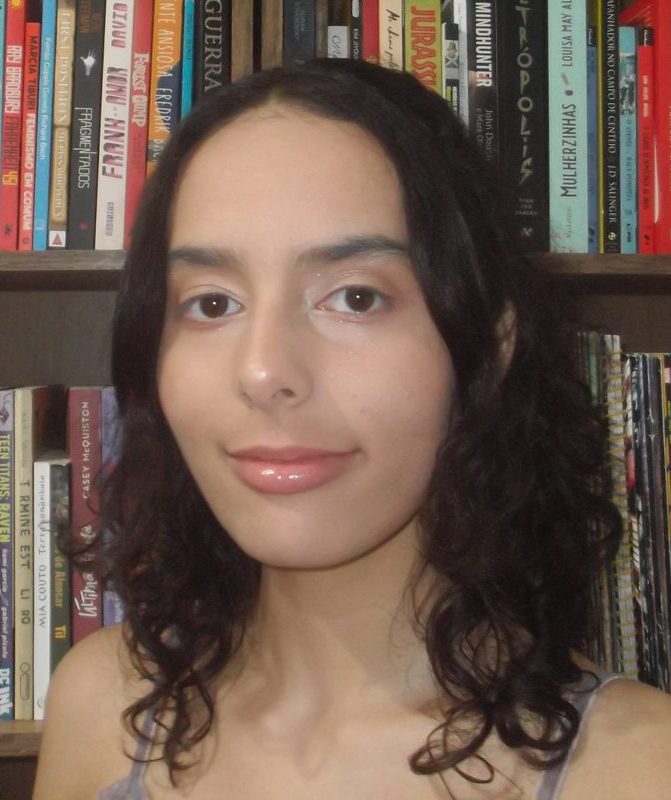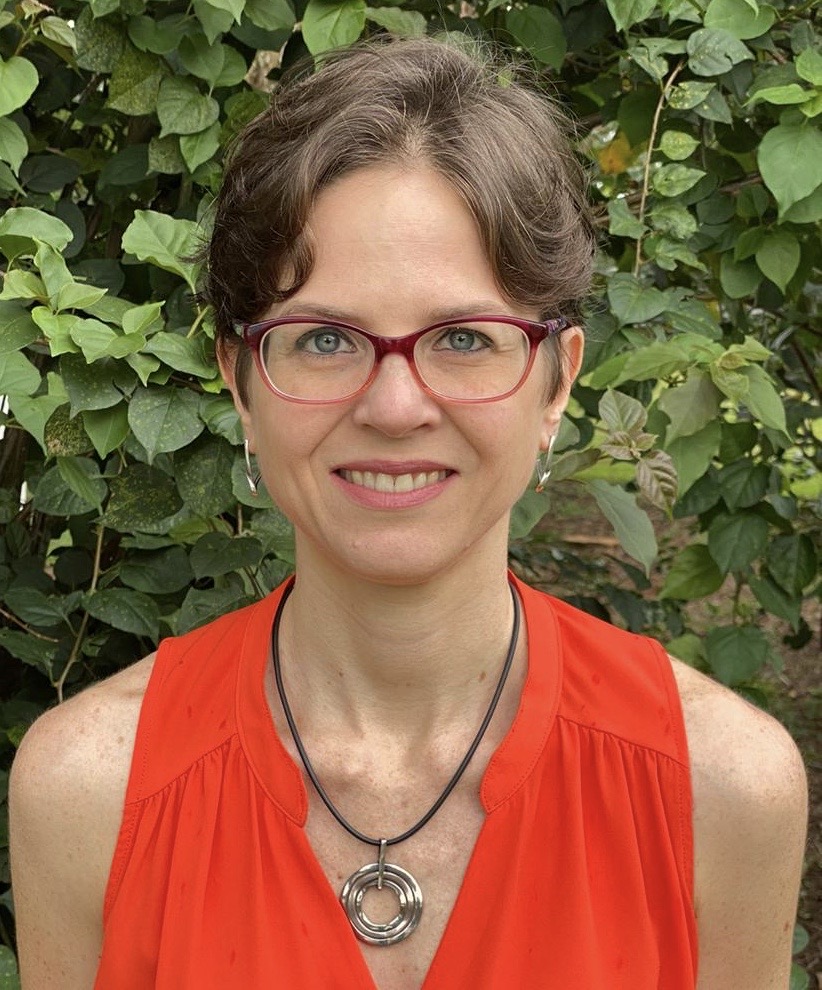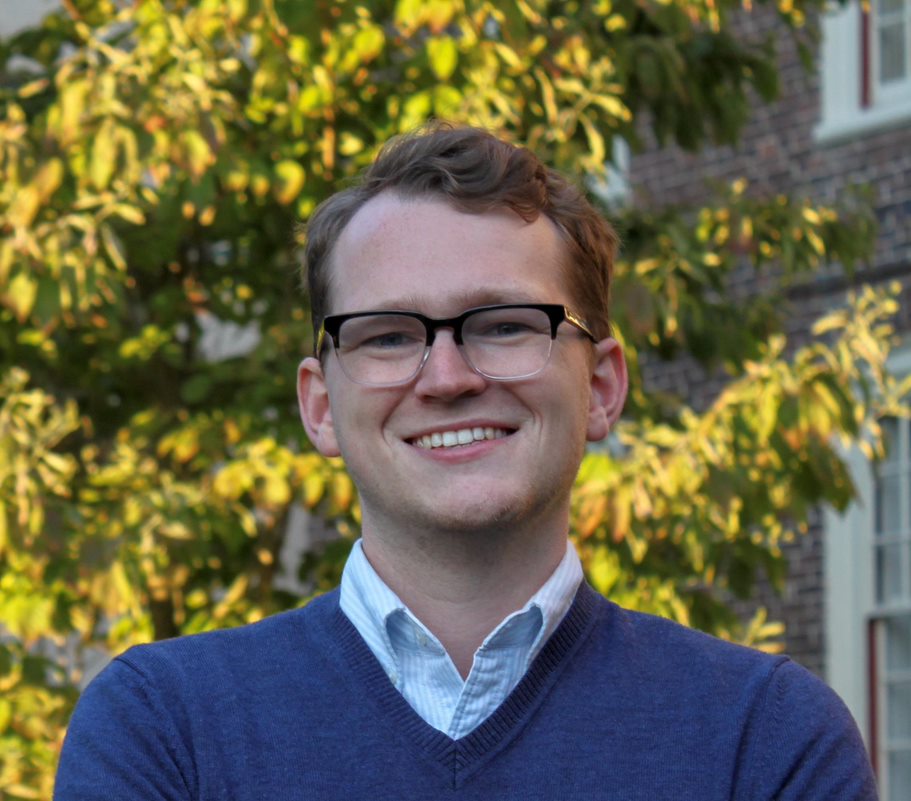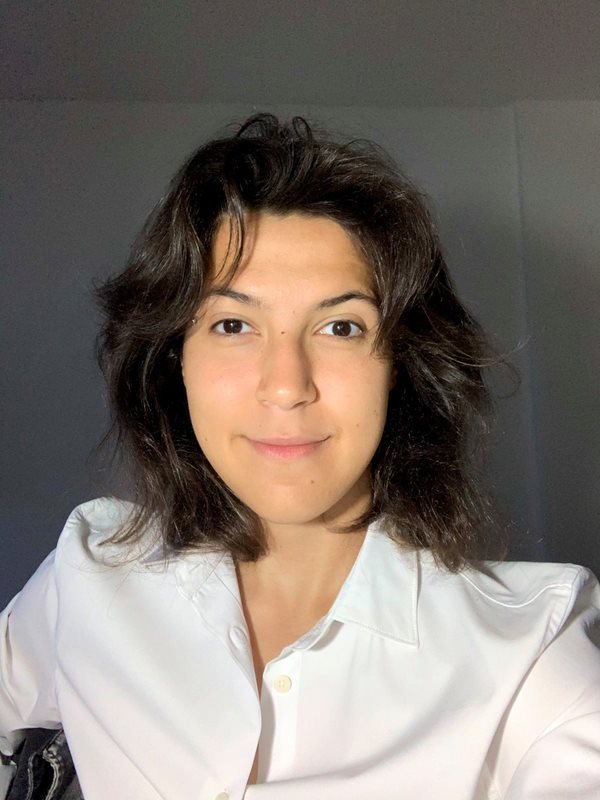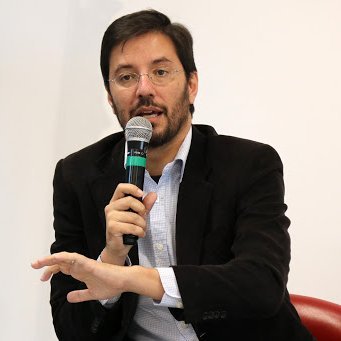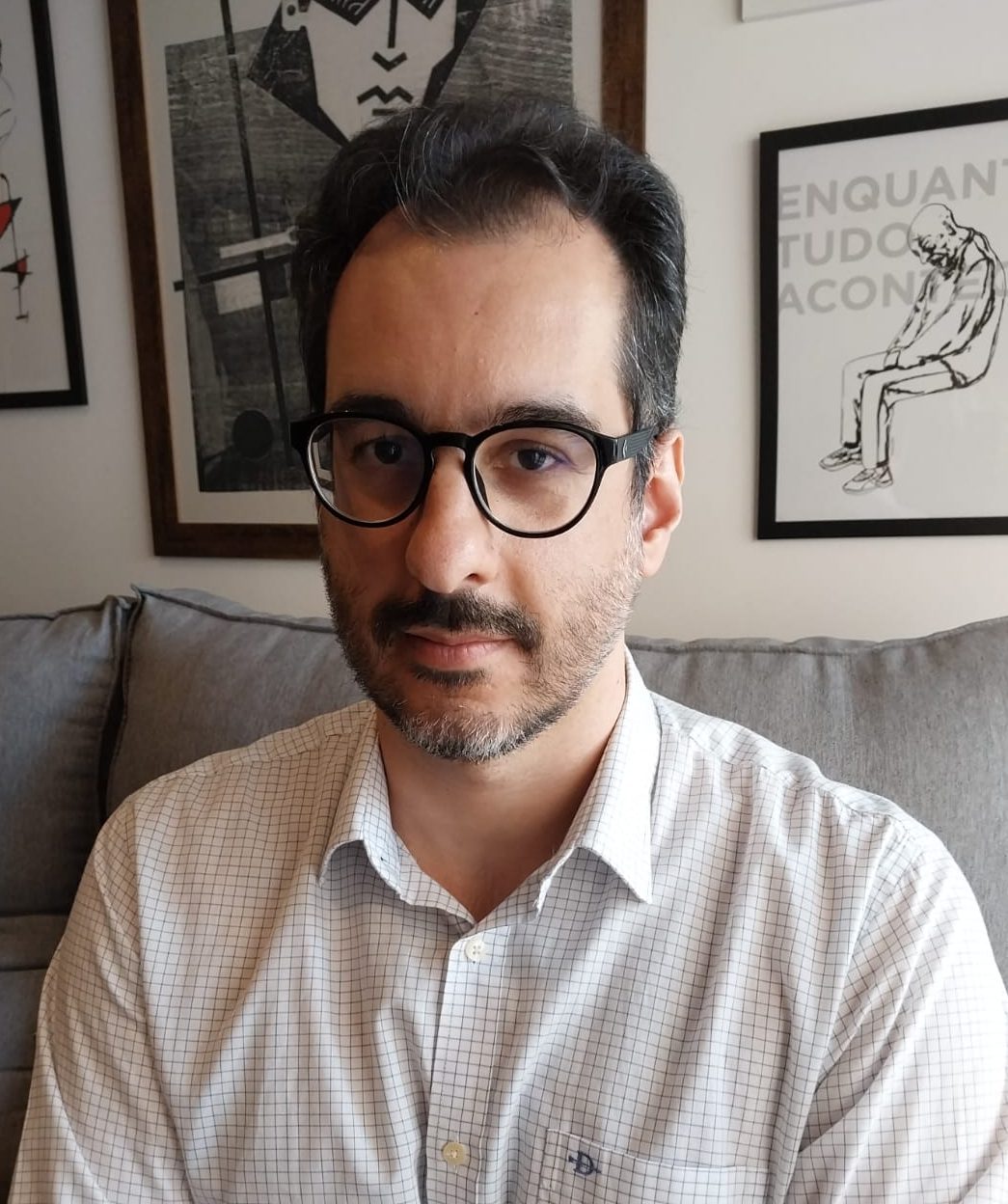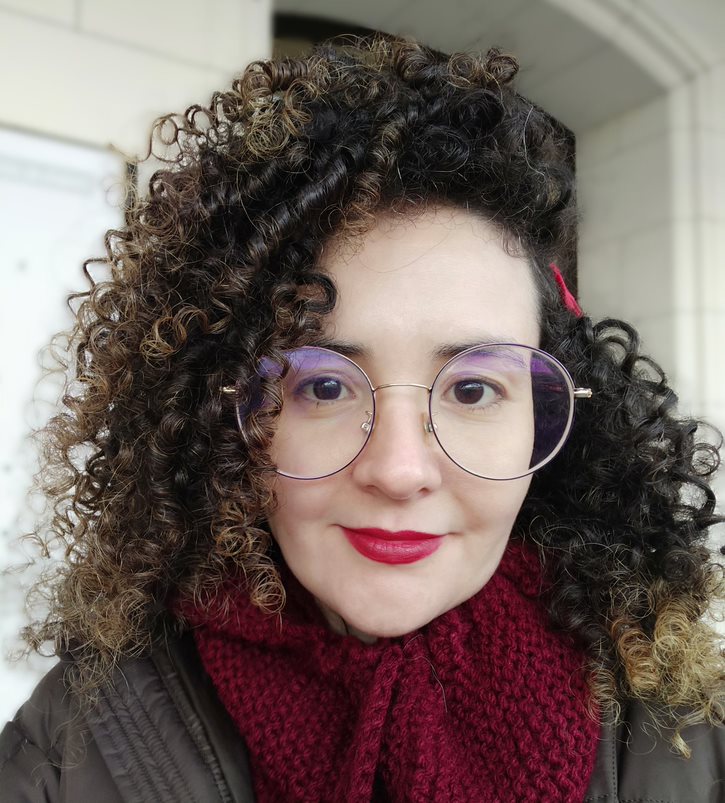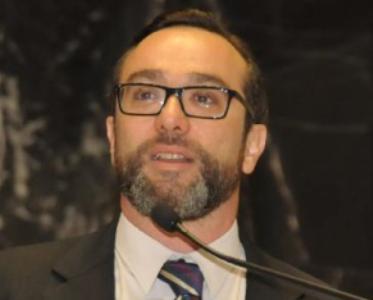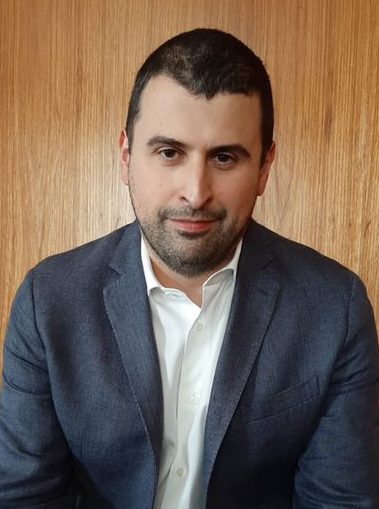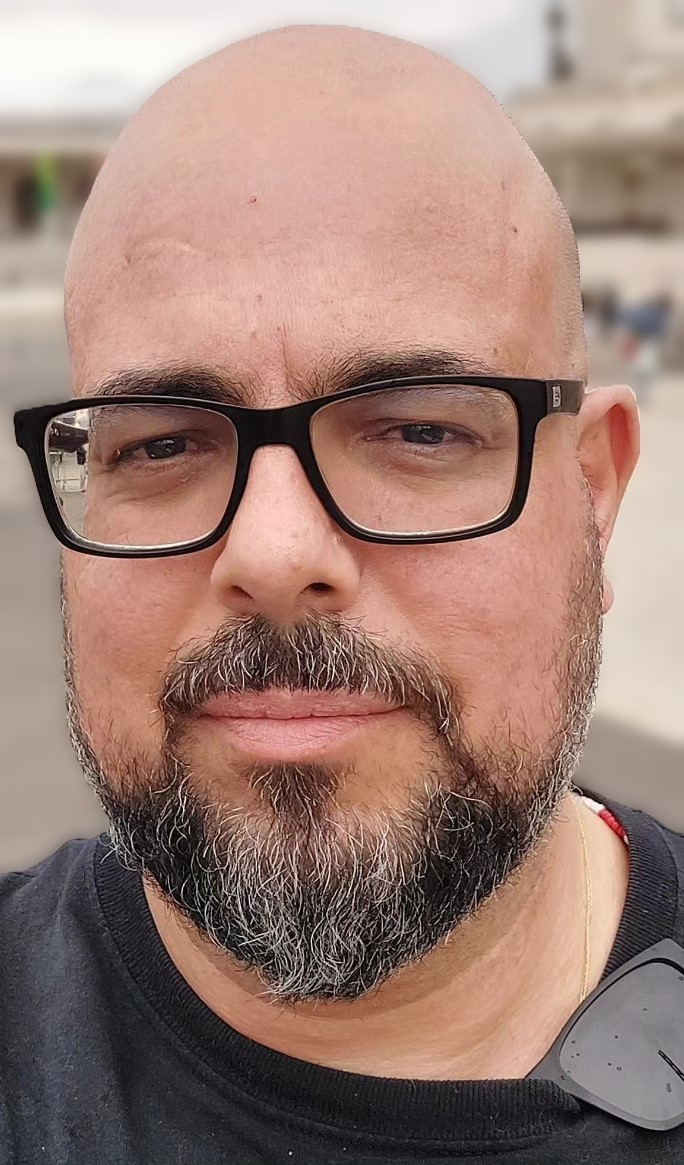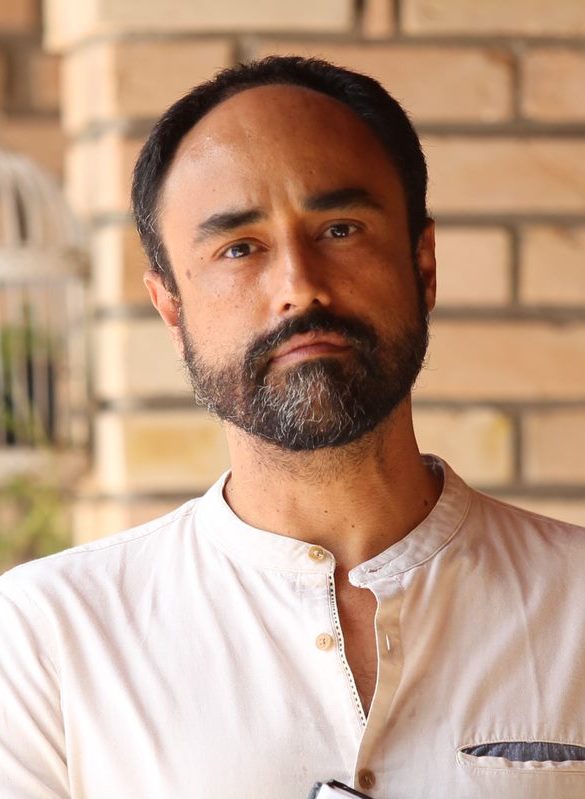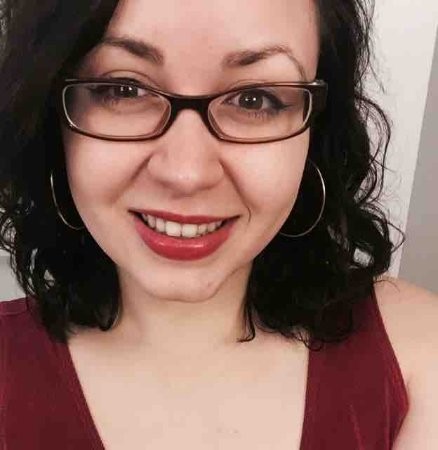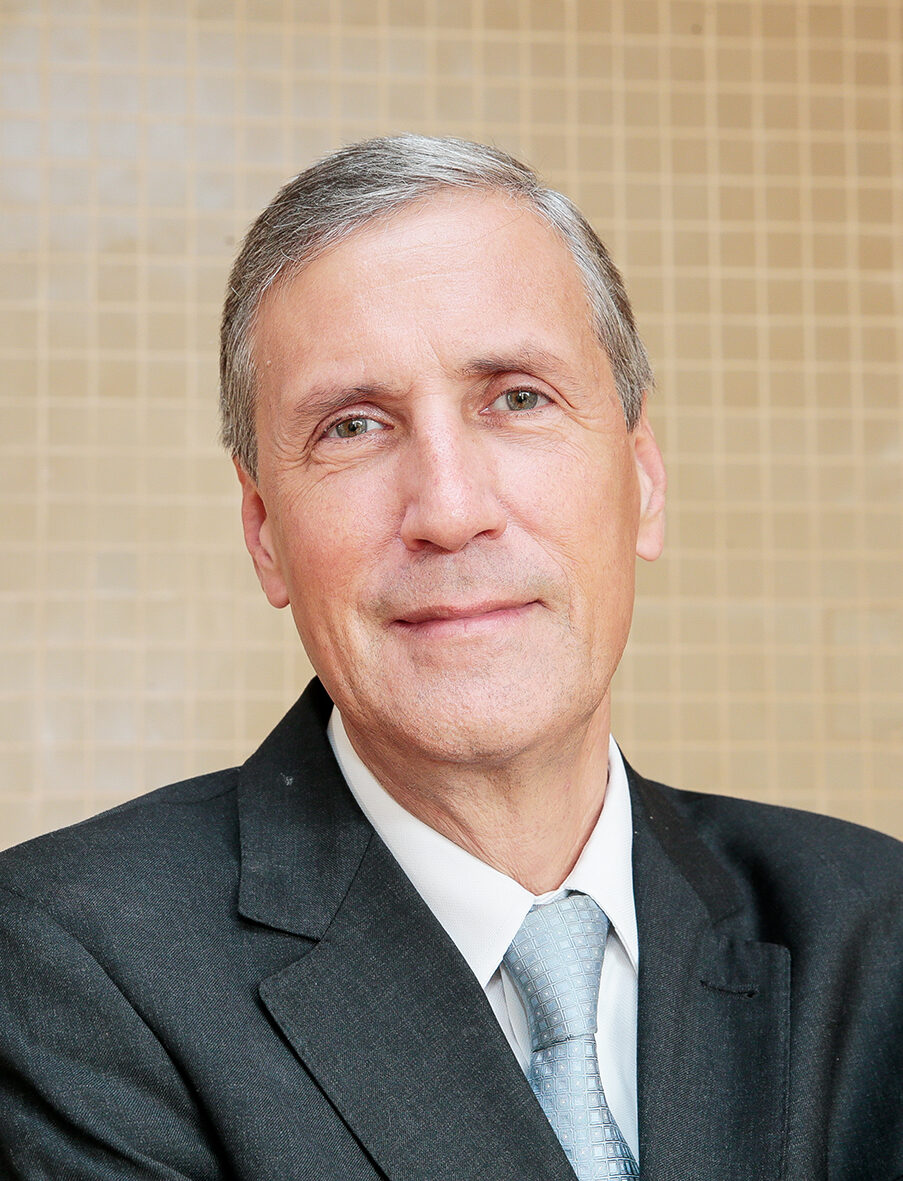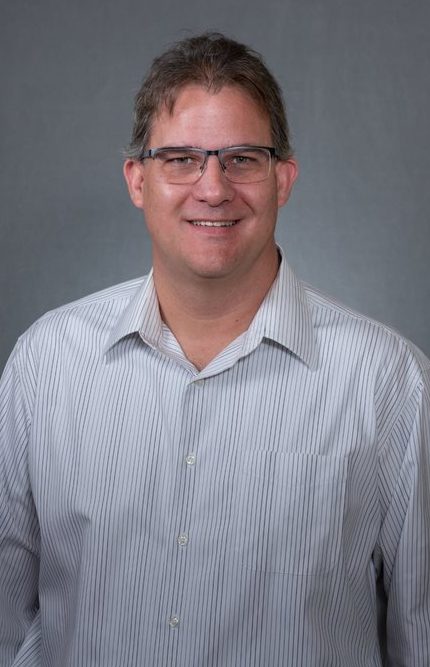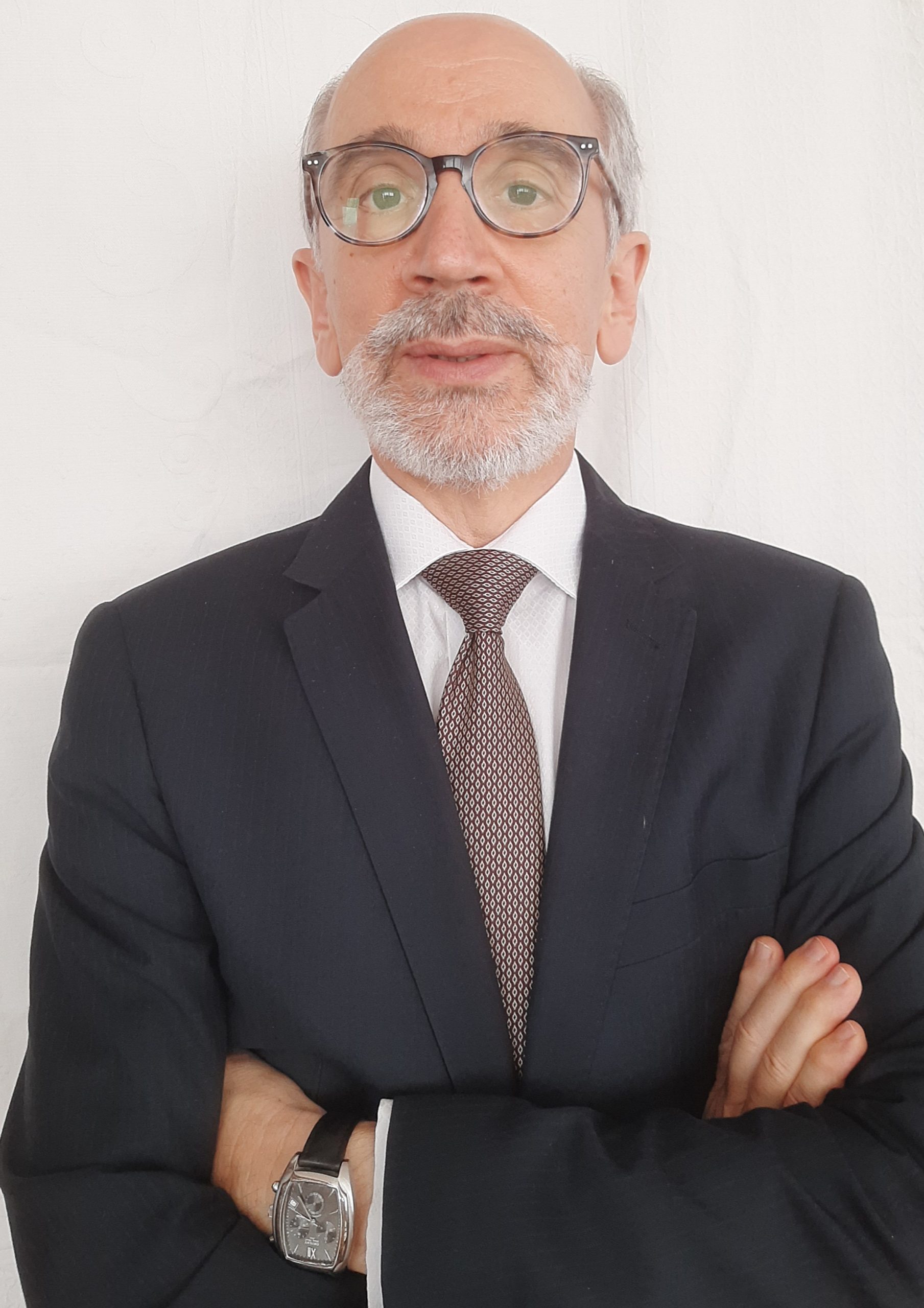March of the Hundred Thousand, Cinelândia, Rio de Janeiro, 1968. Photo by Evandro Teixeira/IMS Collection

Coordination and general secretariat
Prof. Pedro Bohomoletz de Abreu Dallari (IRI-USP)
Coordinator
Prof. Felipe Loureiro (IRI-USP)
Vice coordinator
deliberative Council
The direction of NACE CNV-Brasil is exercised by a Deliberative Council made up of professors from different USP Units related to research activities in the field of human rights, as well as researchers from other Brazilian institutions.
Alexandre Luís Moreli Rocha
Institute of International Relations (IRI USP
Arthur Roberto Capella Giannattasio
Institute of International Relations (IRI USP)
Carolina de Campos Melo
Pontifical Catholic University of Rio de Janeiro (PUC-Rio)
Felipe Pereira Loureiro
Institute of International Relations (IRI USP)
João Alberto Alves Amorim
Federal University of São Paulo (Unifesp)
Rossana Rocha Reis
Faculty of Philosophy, Letters and Human Sciences (FFLCH USP)
André de Carvalho Ramos
Faculty of Law (FD USP)
Carla Osmo
Federal University of São Paulo (Unifesp)
Deisy de Freitas Lima Ventura
Faculty of Public Health (FSP USP)
Fernando Mussa Abujamra Aith
Faculty of Public Health (FSP USP)
Marcos Francisco Napolitano de Eugênio
Faculty of Philosophy, Letters and Human Sciences (FFLCH USP)
Umberto Celli Junior
Faculty of Law of Ribeirão Preto (FDRP USP)
Angelica Müller
UFF – Fluminense Federal University
Carlota Josefina Malta Cardozo dos Reis Boto
Faculty of Education (FE USP)
Eugene Bucci
School of Communication and Arts (ECA USP)
Guilherme Assis de Almeida
Faculty of Law (FD USP)
Pedro Bohomoletz by Abreu Dallari
Institute of International Relations (IRI USP)
Vivien Fialho da Silva Ishaq
In memoriam
Yi Shin Tang
Institute of International Relations (IRI USP)
Members
List of researchers
Regiment
DONATE: 09/28/2021
Download the Regulations of the Support Center for Culture and University Extension Activities, called Support Center for the Dissemination of Information about the National Truth Commission of Brazil (NACE CNV-Brasil).
The Vice-Rector of Culture and University Extension of the University of São Paulo, using her legal powers, and in view of what was decided by the Council of Culture and University Extension, in a session held on May 6, 2021 and by the Legislation and Resources, in a session held on August 13, 2021, download the following
RESOLUTION:
Article 1 – The Regulations of the Support Center for Culture and University Extension Activities, called Support Center for the Dissemination of Information about the National Truth Commission of Brazil (NACE CNV-Brasil), created by CoCEx Resolution no. 8110, of July 8, 2021, attached to this Resolution.
Article 2 – This Resolution will come into force on the date of its publication.
Article 3 - The provisions are repealed to the contrary. (2020.1.148.87.5)
Dean of Culture and University Extension, September 27, 2021.
MARIA APARECIDA BY ANDRADE MOREIRA MACHADO
Vice-Rector of Culture and University Extension
PEDRO VITORIANO OLIVEIRA
General secretary
REGULATIONS OF THE SUPPORT CENTER FOR CULTURE AND UNIVERSITY EXTENSION ACTIVITIES NACE CNV-BRASIL
Article 1 – The Support Center for Culture and University Extension Activities called the Support Center for the Dissemination of Information about the National Truth Commission of Brazil (NACE CNV-Brasil), installed at the Institute of International Relations (IRI), is intended for the development of university extension activities concerning the collection, systematization and dissemination, with the use of resources and procedures for remote and digital access, of documents and information corresponding to the work and report of the National Truth Commission (CNV), which operated in the Brazil from May 2012 to December 2014.
Article 2 – NACE CNV-Brasil will last 4 (four) years.
Article 3 – Members of NACE CNV-Brasil will be those directly involved in the execution of projects approved by the Culture and University Extension Council at the time of NACE's creation and, subsequently, by the NACE Deliberative Council during its operation, in compliance with the CoCEx Resolution that specifically deals with the NACEs.
§ 1 – The participation of members in NACE will depend on individual authorizations from the immediate supervisors of the teachers indicated in the proposal, whether as a member or as coordinator or vice-coordinator of NACE and, additionally, on prior approval by its Deliberative Council when in operation.
§ 2 – The link of teaching members to NACE will cease with the completion of the program or project for which they are responsible.
§ 3 – The participation of technical and administrative employees in NACE will depend on consent issued by the management of the Unit, Museum or Specialized Institute, including indication of the weekly workload and the authorization period, limited to 12 (twelve) months, renewals permitted.
Article 4 – NACE’s administrative bodies are:
I – Deliberative Council; It is
II – Coordination.
Article 5 – The Deliberative Council will be made up of the coordinator, its President, the vice-coordinator and, at least, 70% of USP professors, with recognized competence in the area of activity proposed by NACE.
§ 1 – The coordinator and vice-coordinator must be active professors at USP and the successors of the initial coordinator and vice-coordinator will be elected from among the members of NACE for a term of office of 2 (two) years, with reappointments permitted.
§ 2 – The Deliberative Council will also include a full member of the USP Culture and University Extension Council appointed by the Pro-Rector, preferably being the President of the CCEx of the Unit to which the NACE coordinator is linked or, even preferably , a full member of CoCEx who works in the same campus.
§ 3 – The other members of the Deliberative Council will be elected by the members of NACE and validated by the Dean of Culture and University Extension.
§ 4 – The term of office of the members of the Deliberative Council will be 2 (two) years, with reappointments permitted.
§ 5 – If a student member is included in the Deliberative Council, their term of office will be one year, with reappointment permitted.
Article 6 – It is the responsibility of the Deliberative Council.
I – maintain full compliance with the Resolution of the Council for Culture and University Extension that Establishes Rules for the Creation, Operation, Renewal, Suspension and Deactivation of Centers for Support to Culture and University Extension, fully ensuring its principles;
II – supervise compliance with the NACE Program;
III – manage NACE administratively and financially, including being responsible for rendering accounts in the reports required by the Dean of Culture and University Extension;
IV – decide on the incorporation of new projects and programmatic changes;
V – decide on the incorporation or dismissal of NACE participants;
VI – be accountable to the Rectory for the performance of its members and employees; It is
VII – evaluate NACE reports and submit them to other bodies.
§ 1 – The Deliberative Council will meet 01 (one) time each semester or whenever called by the coordinator or the majority of its members.
§ 2 – The Deliberative Council can only function with the presence of more than half of its members, except in cases of third call.
§ 3 – The Deliberative Council is responsible for rendering NACE accountable to those entitled, making its members responsible for any NACE debts, without prejudice to the responsibility of the NACE coordinator.
Article 7 – The coordinator is responsible for:
I – implement the decisions of the Deliberative Council with regard to the development of the NACE Program;
II – represent NACE before higher bodies;
III – prepare financial statements and academic reports annually, forwarding them to the Deliberative Council for consideration;
IV – be responsible for all acts of the Center until the Higher Bodies of the University fully and definitively approve its reports and effective closure of activities.
Article 8 – The vice-coordinator is responsible for:
I – replace the coordinator in case of absences or impediments;
II – assist in preparing reports; It is
III – be responsible for tasks delegated to them by the coordinator or the Deliberative Council.
Article 9 – Accountability and academic reports must be presented to the Dean of Culture and University Extension every 2 (two) years, at the end of NACE activities, or whenever requested.
Article 10 – To develop the Program, NACE will obtain resources exclusively from outside the University.
§ 1 – When resources are obtained from funding agencies through the individual initiative of one of the NACE members or its coordinator, accountability will be made between the beneficiary and the agency.
§ 2 – When resources are obtained through an agreement that involves the approval of the Rectory or higher collegiate bodies, the accountability, which will coincide with the fiscal year, will be forwarded to the Dean of Culture and University Extension by the NACE coordinator .
§ 3 – When resources are obtained through donations from private entities or individuals, NACE must account for them in the manner indicated by the Rectory.
§ 4 – NACE CNV-Brasil will not constitute a USP budget expenditure unit.
Article 11 – NACE maintenance expenses will be your own responsibility.
Article 12 – The technical-administrative services necessary for the functioning of NACE will be provided, exclusively, by USP employees working at the Institute of International Relations (IRI), with authorization from its competent body.
Sole paragraph – In the event of deactivation of NACE or request from the competent body, employees will return to their original functions.
Article 13 – Works generated by NACE authors must mention the Department, Unit and institution to which they are linked.
Sole paragraph – Professors working at the University of São Paulo who are members of NACE CNV-Brasil will comply with the provisions of the Professor Statute (issued by Resolution no. 7271/2016), with regard to their obligations towards the Department and the Unit or equivalent, particularly with regard to articles 18 to 22 of that Statute.
Article 14 – In case of deactivation, the assets and equipment of NACE CNV-Brasil will be destined to the Institute of International Relations (IRI).
Sole paragraph – If there is no consensus regarding the destination of the assets, the matter will be decided by the Budget and Heritage Committee.
Article 15 – The self-attribution of stipends, salaries, salary supplements, commissions and bonuses to NACE members is prohibited, without prejudice to the application of legal provisions that govern the matter within the scope of the University.
Article 16 – The provisions of Resolution no. 6073/2012.
Article 17 – NACE will have its activity suspended due to:
I – lack of economic-financial sustainability;
II – verification, by Superior Bodies, of deviation from its original purposes;
III – irregular obtaining or application of resources;
IV – non-payment of fees and overheads intended for USP; It is
V – delay in the biannual delivery of academic accounts and reports to CoCEx.
Article 18 – NACE will be deactivated by:
I – exhaustion of its programs and objectives contained in its initial activity proposal;
II – motivated request from its Deliberative Council;
III – motivated request from the Congregation of the Institute of International Relations (IRI);
IV – failure to regularize the reason for suspension within 180 days; or
V – disapproval of the accountability or biannual academic report by CoCEx.
